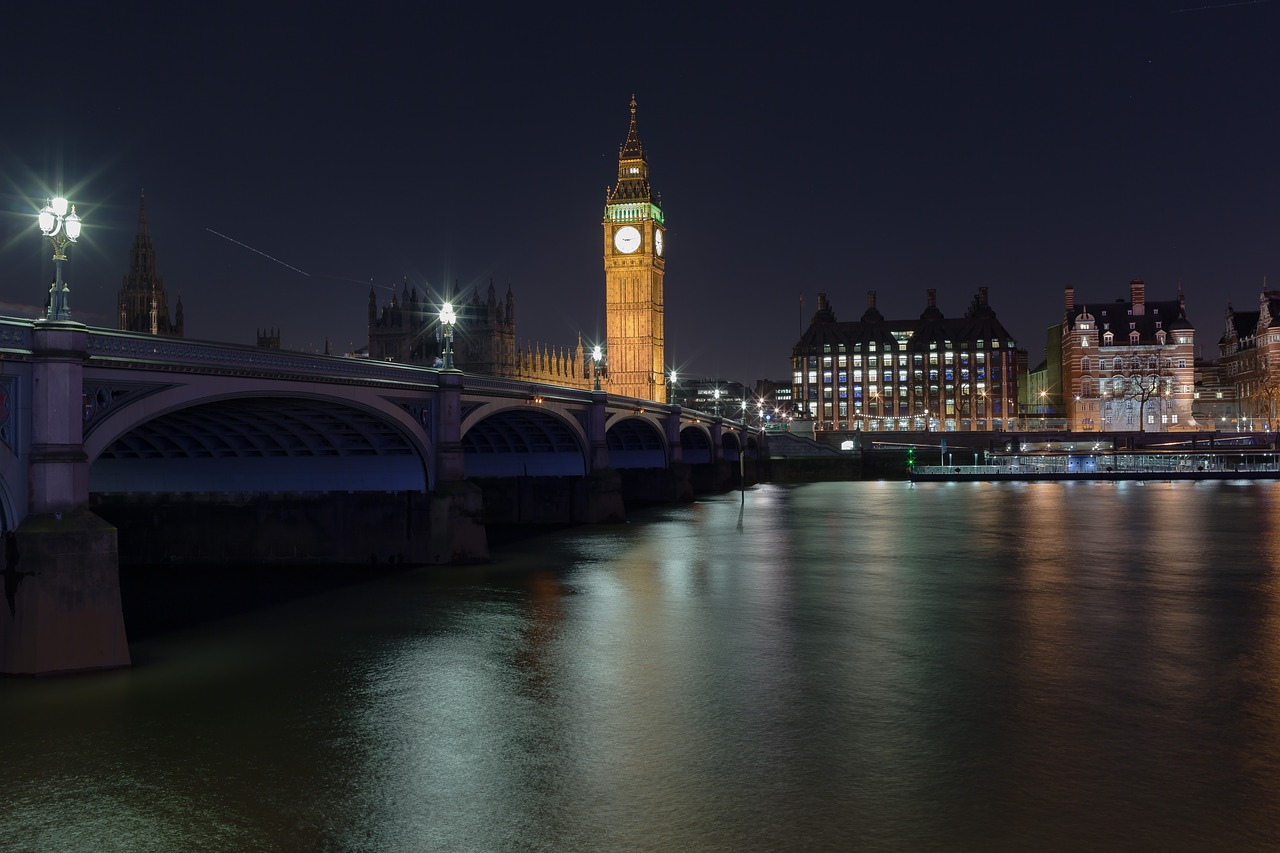Government budgets are typically dry occasions filled with ‘long economicy’ words – a new phrase coined today by Chancellor Philip Hammond. But whilst the Chancellor did cover the economics this afternoon, the Government’s first budget since it limped back into office earlier this year was anything but typical.
Ordinarily, post-election the Chancellor stands at the dispatch box and announces the unpopular changes he wants to make, safe in the knowledge that the next election is several years away.
This approach – getting any hard decisions out of the way early on – means the Government can offer the electorate the popular parts of their programme at the end of their term, when an election is just around the corner.
Philip Hammond ditched this well-established tactic in spectacular fashion today. Rather than tightening the country’s metaphorical belt, his budget had the feel of pre-election bonanza. It made concessions on universal credit, froze duty on beer (always a winner), increased the living wage rate, upped the income tax thresholds, and more.
Some have suggested it was a budget from a Government (led by a Prime Minister) which is deeply uncertain about its future.
But, it was the Chancellor’s so-called ‘rabbit out of the hat’ – the unexpected announcement designed to win favour amongst key voters – which tells us most about the concerns at Conservative HQ.
Hammond’s big announcement was the abolition of stamp duty for first time buyers. It came at the end of his speech, after the Chancellor outlined plans (some quite vague) to encourage housebuilding and trotted out that well worm phrase – “successive governments have not built enough homes”.
Along with increases in the Living Wage and proposals for a rail card which extends the definition of ‘young’ up to 30, this announcement hints at the big problem for the Government – the so-called ‘millennials’.
After they unexpectedly turned out on mass for Corbyn and deprived the Government of its majority, the Conservatives are starting to get the message: issues for young people – like housing, living costs, and education – can no longer go unaddressed.
Will today’s budget address these concerns? I doubt it. But it is a start.
The narrative flowing through Hammond’s speech was about the Government embracing the future – new technology like electric vehicles – whilst Labour would take the country back to the past. It was a theme which the Prime Minster touched on at PMQs when she called Corbyn a “blast from the past”, and a narrative which I expect will be central to a future Conservative campaign.
But whichever way the Government frames today’s budget, be sure that it was the Conservative’s disastrous election campaign which forced its hand. It just goes to prove, voting does matter.

